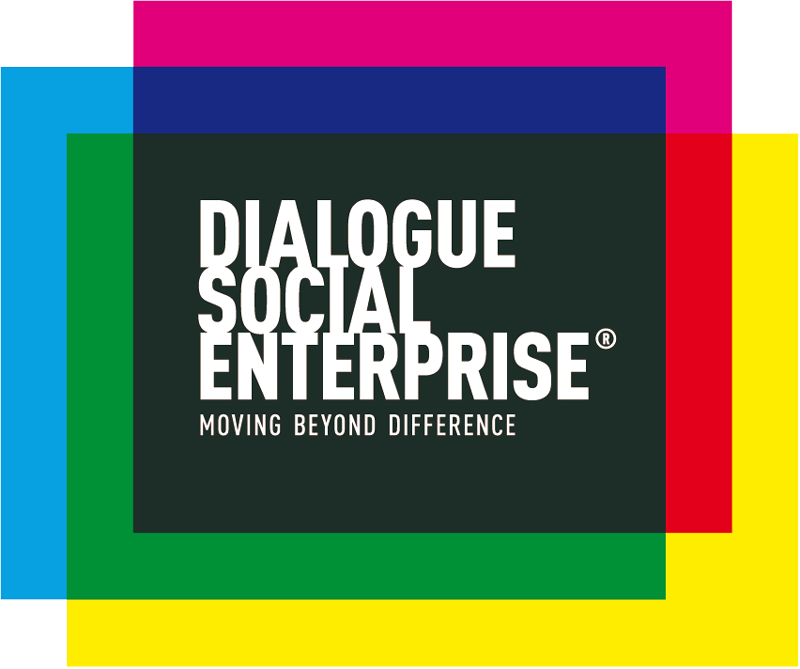BANI is an acronym made up of four words: brittle, anxious, non-linear and incomprehensible.
The term BANI, more than a description of the world around us, is a tool that helps us to attenuate four illusions that we humans have adopted.
When I discovered the term, I noticed its parallels to disability, which I believe that can equip us with tools to generate a more realistic and balanced mindset.
Brittle : The illusion of stability
Brittleness challenges our belief that everything will be fine forever, that we live in an indestructible world and that our living conditions will never change.
Disability offers us a big reality check. The vast majority of disabilities happen to healthy people, during the course of their lives, which means that our existences are more brittle than we think. The WHO estimates that the vast majority of us will live with disability, either temporarily or permanently.
People living with disability, or those in whose lives disability is present, develop a balanced mindset, aware of their fragility as well as a tendency toward inclusive behaviors, knowing that one day they may be in the position of need.
Anxiety: The illusion of control
Anxiety is characterized by a sense of inability to cope with life's challenges and difficulties in making decisions. Anxiety is a by-product of information overload, because the more news and information we have, especially negative, the less control we perceive over what happens or will happen to us.
A relatively sustained state of well-being, especially in the Western world, has reinforced the illusion of control, when in reality the world shows us that there are many factors that make the distance between our expectations and what we actually experience grow.
One of the great lessons that disability teaches us is to regulate our anxiety and to be comfortable with lack of control.
The vast majority of people with disabilities live in societies designed for people without disabilities, so every day, as we study or work in places designed for abilities we do not have, we experience a lack of control.
Disability teaches us to regulate lack of control with patience, emotional intelligence and creative solutions.
Non-linear: the illusion of predictability
We know that any complex system is non-linear. This means that getting from point A to point B is not a matter of drawing a simple straight line. It is known as the butterfly effect, when a small event can trigger different reactions that escalate to disruptive events far away in time and space.
Disability breaks what seemed predictable and is a great example of the "should". I should study, work, develop, have a socially active life... but all these assumptions are challenged when you live with disability.
Disability teaches us to take full responsibility for our lives and come out as the undisputed protagonists of our play. Living with this condition the only predictable thing is exclusion and isolation, life situations that no one wants, so proactivity and responsibility become our greatest tools.
Incomprehensible: the illusion of knowledge
The more we know about the world, the more what we do not know grows. It becomes complex to acquire a panoramic view, to assimilate and interpret everything there is to know.
This breaks with the illusion that we know everything and how its mechanisms work.
As Einstein says, there are two ways to live life: as if nothing is a miracle, or as if everything is a miracle.
Disability puts us right in front of the incomprehensible and endows us with the gift of gratitude and efficiency. We learn to be grateful for what we do have, and to optimize our resources and do more with less.
Leaders and politicians worldwide are today looking for tools to manage the BANI world, and an unsuspected human condition, disability, offers us tools of great value and within everyone's reach to cultivate a mature and balanced mentality. Let us begin with the humility to learn from those we have historically seen as marginalized.

